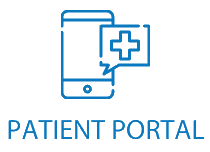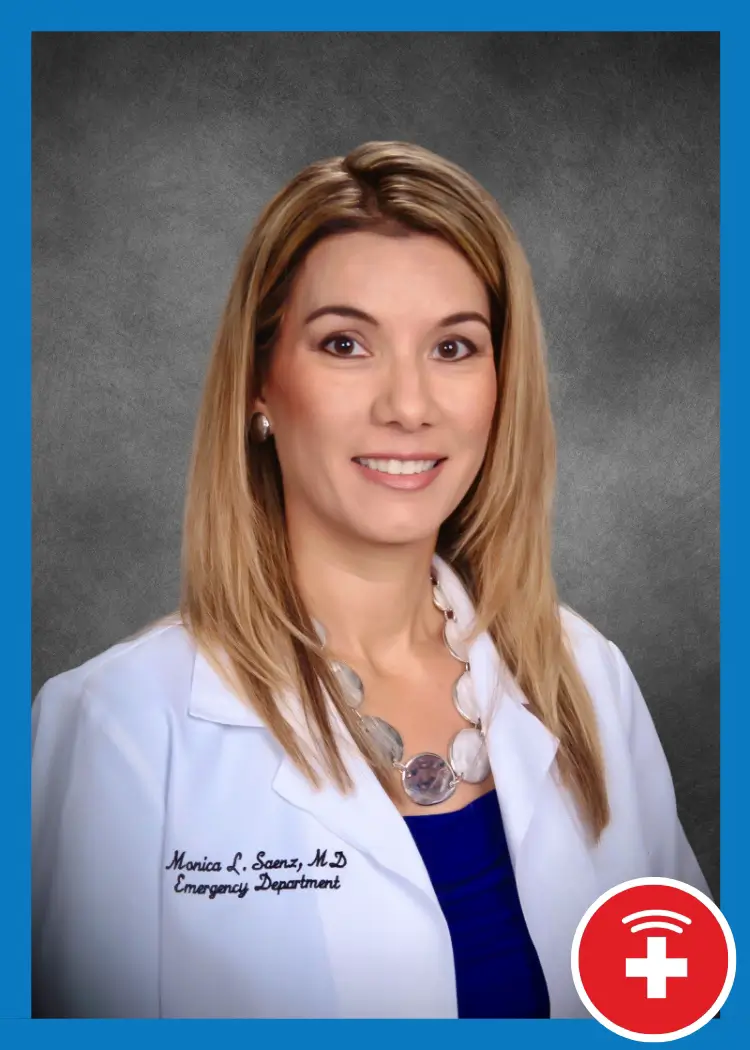Can I get tested and treated for an STD at an Urgent Care?

Key Points:
- Urgent care clinics offer STD testing and treatment at lower costs compared to hospitals with extended hours that fit your schedule.
- DOC-AID Urgent Care prioritizes privacy and comfort while providing confidential STD testing and options
- Treatment for suspected STDs can begin once confirmatory testing has been completed.
- You can get an STD in your mouth or throat from giving oral sex to a partner who has a genital or anal infection.
Sexual health is a crucial part of your overall well-being, covering topics such as sexually transmitted diseases (STDs). Although discussing these issues can sometimes feel uncomfortable, it is important to address them for your health and peace of mind. At DOC-AID Urgent Care, we prioritize your privacy and comfort by offering confidential STD testing and treatment options that are tailored to your needs. Whether you seek answers, reassurance, or treatment, our compassionate team is here to support you every step.
Read on to discover how urgent care can support your sexual health needs and why it might be the right choice for you.
What are STDs?
Sexually transmitted diseases (STDs), also known as sexually transmitted infections (STIs), are extremely common, with millions of new cases reported each year in the United States.
Sexually transmitted diseases (STDs) don’t always present noticeable symptoms; sometimes, they may only cause mild ones. This means you could have an infection without being aware of it. Therefore, if you are sexually active, getting tested regularly is crucial. Consistent STD testing is one of the best ways to protect your health and take care of yourself.
Can You Get an STD from Oral Sex?
Oral sex involves using the mouth to stimulate the genitals or genital area of a sex partner. Types of oral sex include the penis (fellatio), vagina (cunnilingus), and anus (anilingus).
Many people mistakenly believe that oral sex is “safer” and doesn’t carry the same risks. Many STIs, including chlamydia, gonorrhea, and syphilis, can be spread through oral sex. However, the chances of giving or getting STIs during oral sex can be lowered by using a condom or dental dam.
A guide from Health and Human Services on STDs and oral sex explains how infections can be transmitted through oral contact.
How do STDs spread?
Sexually transmitted infections (STIs) are primarily transmitted from one person to another through vaginal, oral, or anal sex. Many people mistakenly believe that oral sex is “safer” and doesn’t carry the same risks. While it’s true that the risk of transmission may be lower compared to vaginal or anal sex, it’s still very possible to contract or spread STDs through oral-genital contact.
Even if you and your partner take precautions, regular testing is essential for maintaining sexual health. For instance, condoms are highly effective, with about a 98% success rate, in preventing STDs such as chlamydia and gonorrhea, which are transmitted through bodily fluids. However, they do not provide complete protection against infections that spread through skin-to-skin contact, like herpes, genital warts, and syphilis. It’s also important to note that many STDs do not show noticeable symptoms, so you might not be aware that you have one without being tested.
Urgent care clinics offer STD testing and treatment, often at lower costs than hospitals or private practices. They typically provide flexible hours to accommodate various schedules. It is important to get tested every 3 to 12 months, depending on your level of sexual activity, to help ensure the safety of both you and your partner.
How does testing for STDs happen at Urgent Care facilities?
Seeking testing for STDs can be uncomfortable, and many people may feel hesitant to approach their primary care doctor about it. Urgent care clinics offer a discreet and private alternative, making the testing and treatment easier, faster, and more convenient.
The process begins with a basic symptom assessment. The doctor will inquire about any signs you may be experiencing, such as discomfort, unusual discharge, or sores. They may also conduct a physical examination to check for common indicators of STDs. For women, this examination could include a pelvic exam, while for men, it may involve a genital exam to look for symptoms like pimples, blisters, or other changes.
To confirm a diagnosis, the doctor will take small samples. This may involve a quick blood draw to check for infections such as HIV, syphilis, or herpes. A urine sample may also be collected to detect common sexually transmitted diseases (STDs) like chlamydia and gonorrhea. In some cases, swabs may be taken from the throat, genital area, or anal area if specific testing is necessary.
According to Centers for Disease Control and Prevention (CDC), you should get tested at least once a year if you’re sexually active with more than one partner, have a new partner, or if your partner has been diagnosed with an STI.
Can I start treatment for an STD immediately?
A doctor may suspect a sexually transmitted disease (STD) based on a physical exam, but most cases require laboratory tests for confirmation. Samples such as blood, urine, or swabs are sent to a lab, and it usually takes a few days to receive the results. Once the results are ready, the urgent care clinic will contact you.
Why choose DOC-AID Urgent Care?
When it comes to STD testing, DOC-AID Urgent Care offers more than just convenience—we provide a care experience focused on your comfort, privacy, and health. Here’s what makes us stand out:
– Our facilities are equipped with the latest technology.
– You’ll be seen by board-certified providers who bring expertise to your care.
– We offer a convenient online check-in process.
– Our rates are competitive, and we accept most major health insurance plans, with options available for self-pay patients.
At DOC-AID, we understand the importance of prompt, professional, and discreet care, making us a trusted choice for your health needs.



